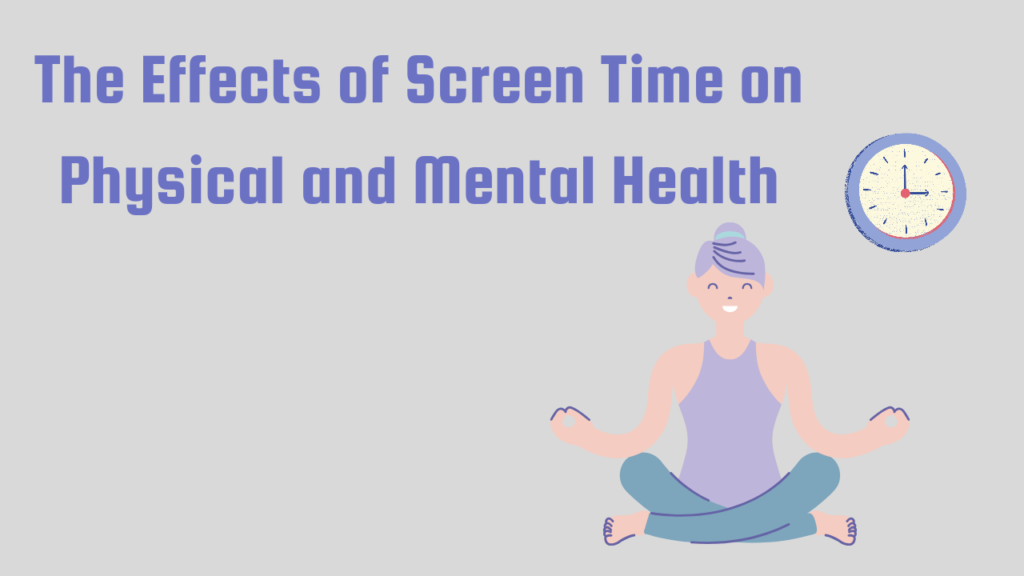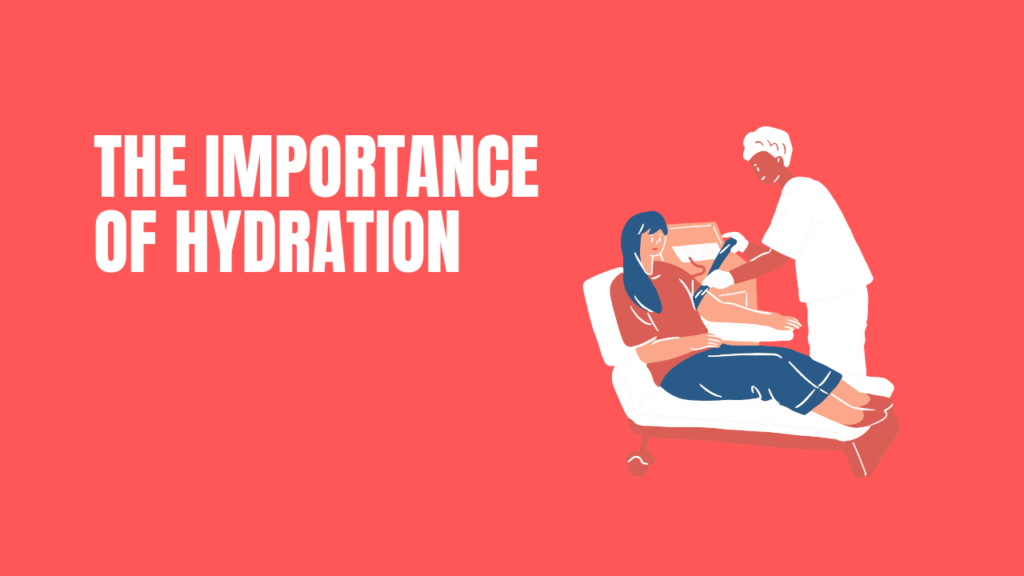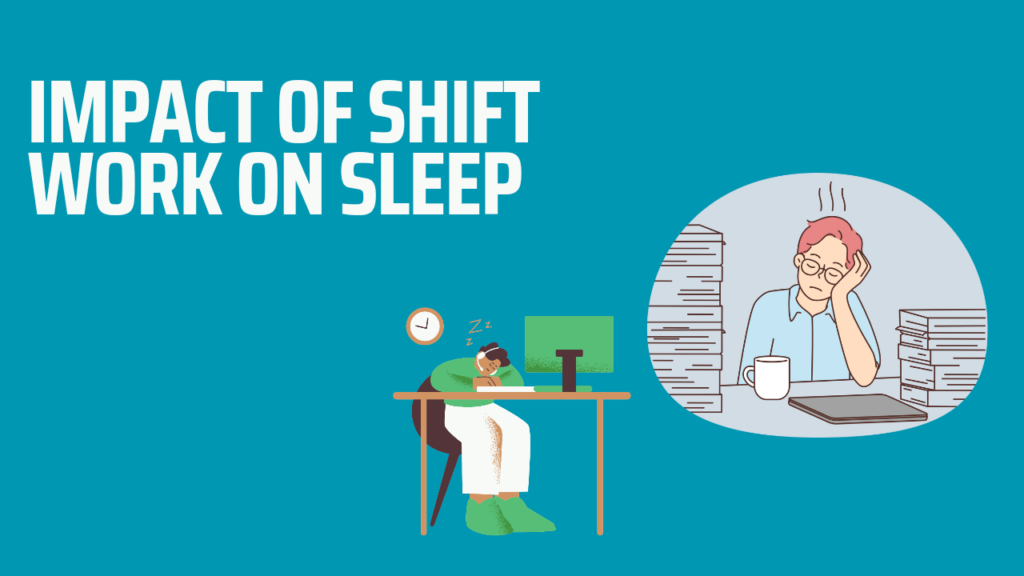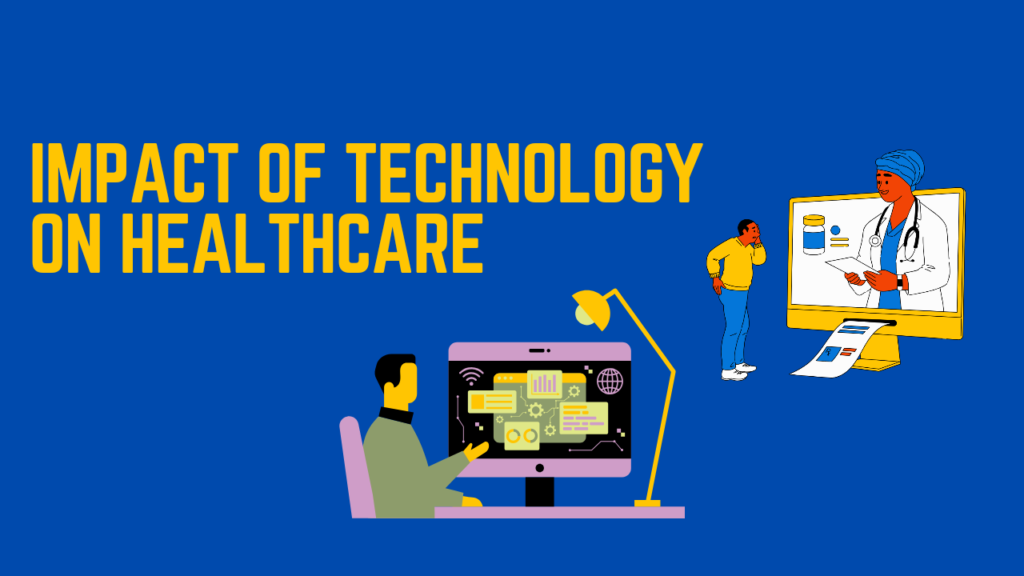THE EFFECTS OF SCREEN TIME ON PHYSICAL AND MENTAL HEALTH

Excessive screen time can have various effects on both physical and mental health. Here are some key points:
Physical Health:
- Eye Strain: Prolonged screen use can lead to eye discomfort, dryness, and strain, often referred to as “computer vision syndrome.”
- Sleep Disruption: Exposure to screens, especially before bedtime, can disrupt sleep patterns due to the blue light emitted, affecting melatonin production.
- Sedentary Lifestyle: Excessive screen time often correlates with a sedentary lifestyle, contributing to issues like obesity and poor cardiovascular health.
- Posture Problems: Extended periods of sitting in front of screens may result in poor posture, leading to neck, shoulder, and back pain.
Mental Health:
- Digital Fatigue: Continuous exposure to digital information can lead to mental fatigue, affecting concentration and cognitive function.
- Sleep Disturbances: The blue light emitted by screens can interfere with the circadian rhythm, potentially leading to sleep disturbances and insomnia.
- Social Isolation: Excessive use of screens, particularly in social media, might contribute to feelings of social isolation and impact real-world social interactions.
- Mental Well-being: Heavy use of social media may contribute to negative body image, anxiety, and stress, as individuals compare themselves to curated online content.
Preventive Measures:
- Limit Screen Time: Establishing screen time limits, especially for children, can help mitigate potential health risks.
- Blue Light Filters: Use devices with blue light filters or consider using applications that reduce blue light emission during evening hours.
- Regular Breaks: Incorporate breaks during screen use to reduce eye strain and encourage physical activity.
- Digital Detox: Periodically disconnecting from screens can positively impact mental well-being and help reset overall screen habits.
Balancing screen time with healthy lifestyle choices is crucial for maintaining both physical and mental well-being.
Excessive screen time can have various effects on both physical and mental health:
- Physical Health:
- Eye Strain: Prolonged screen use may lead to eye discomfort, dryness, and fatigue.
- Sleep Disruption: Exposure to screens, especially before bedtime, can interfere with sleep quality due to the blue light emitted.
- Sedentary Lifestyle: Excessive screen time often correlates with a sedentary lifestyle, contributing to issues like obesity and poor cardiovascular health.
- Mental Health:
- Sleep Disturbances: Disruption of sleep patterns can impact mental well-being and contribute to conditions like insomnia.
- Digital Fatigue: Constant exposure to digital devices can lead to mental fatigue, decreased attention span, and difficulty concentrating.
- Social Isolation: Excessive screen time may reduce face-to-face social interactions, potentially leading to feelings of loneliness.
- Behavioral Impact:
- Increased Stress: Social media and continuous connectivity can contribute to stress, as individuals may feel pressure to constantly stay updated or respond to messages.
- Dependence and Addiction: Excessive use of screens, especially with social media and gaming, can lead to dependency and addiction, impacting overall mental health.
To mitigate these effects, it’s important to practice screen time moderation, take breaks, and establish healthy digital habits. Additionally, incorporating physical activity, spending time outdoors, and maintaining a balanced lifestyle contribute to overall well-being.
Physical Health:
- Eye Strain: Prolonged screen use may lead to digital eye strain, causing symptoms like headaches and blurred vision.
- Poor Posture: Extended periods of sitting while using screens can contribute to poor posture, leading to musculoskeletal issues.
- Sleep Disruption: The blue light emitted by screens can interfere with the production of melatonin, affecting sleep quality.
Mental Health:
- Sleep Disturbance: Screen use before bedtime may disrupt sleep patterns, contributing to insomnia.
- Digital Fatigue: Constant exposure to digital information can lead to mental fatigue and reduced cognitive performance.
- Social Isolation: Excessive screen time, especially on social media, might contribute to feelings of isolation or inadequacy.
Recommendations:
- Limit Screen Time: Set boundaries for screen use, especially before bedtime.
- Take Breaks: Follow the 20-20-20 rule to reduce eye strain—take a 20-second break every 20 minutes and look at something 20 feet away.
- Establish a Routine: Create a balanced daily routine that includes physical activity, outdoor time, and relaxation away from screens.
Balancing screen time with healthy habits is crucial for overall well-being.
Excessive screen time can impact both physical and mental health:
Physical Health:
- Eye Strain: Prolonged screen use can cause eye discomfort, dryness, and fatigue.
- Poor Posture: Extended use may contribute to poor posture, leading to back and neck pain.
- Sleep Disruption: Exposure to screens before bedtime can disrupt sleep patterns due to the blue light emitted.
Mental Health:
- Digital Fatigue: Continuous screen engagement can lead to mental fatigue and reduced cognitive performance.
- Social Isolation: Excessive screen time might contribute to social withdrawal and reduced face-to-face interactions.
- Increased Stress: Constant exposure to digital information may contribute to heightened stress levels.
Recommendations:
- Take Breaks: Follow the 20-20-20 rule (every 20 minutes, look at something 20 feet away for at least 20 seconds).
- Limit Screen Time: Set reasonable limits, especially for children, and encourage outdoor activities.
- Night Mode: Use night mode settings to reduce the impact of blue light on sleep.
- Balanced Lifestyle: Promote a balanced lifestyle with physical activities, face-to-face interactions, and relaxation away from screens.
Being mindful of screen use and incorporating healthy habits can mitigate potential negative effects on both physical and mental well-being.
Excessive screen time can impact both physical and mental health:
Physical Health:
- Sedentary Lifestyle: Prolonged screen use can contribute to a sedentary lifestyle, leading to health issues like obesity and cardiovascular problems.
- Eye Strain: Staring at screens for extended periods may cause eye strain, dryness, and discomfort.
- Sleep Disruption: Exposure to screen light, especially before bedtime, can interfere with sleep patterns.






